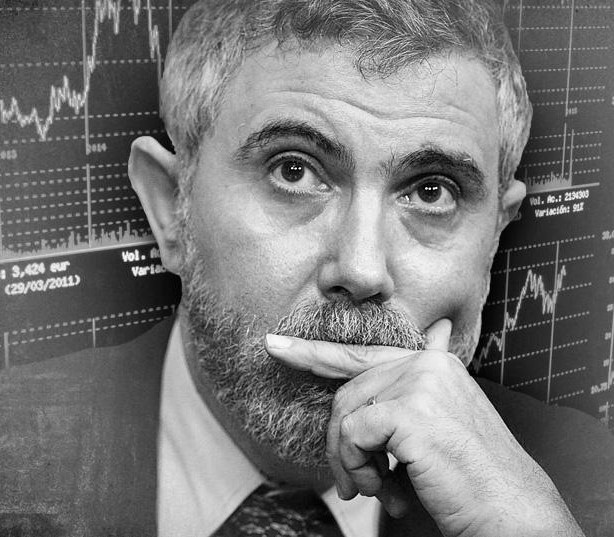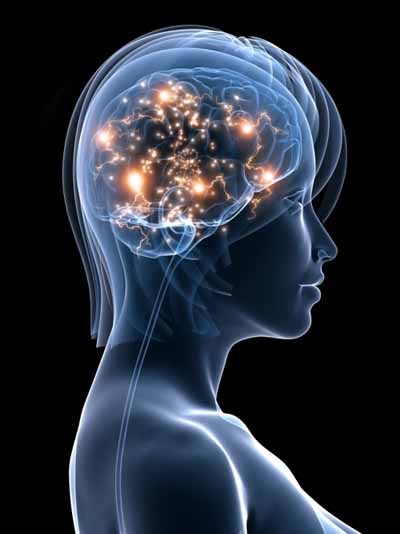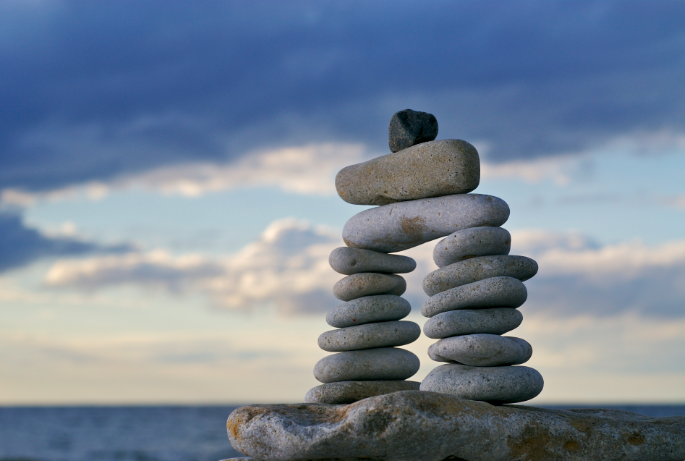It still surprises, after many years meditating, how doing nothing but simply quieting and emptying the mind in nature is the most fruitful and important thing one can do.
 Being active and productive is good; being busy is not. Busyness is a cultural disease. It has become a cover for barrenness, a socially sanctioned escape from internal reality. It’s a vice posing as a virtue that even supposedly spiritual people use as an excuse.
Being active and productive is good; being busy is not. Busyness is a cultural disease. It has become a cover for barrenness, a socially sanctioned escape from internal reality. It’s a vice posing as a virtue that even supposedly spiritual people use as an excuse.
At what point does the cost of not changing become more painful than the price of transformation? Barack Obama ran on “hope and change” in 2008, and ended in the despair and regression of the 2016 election.
Even liberal voices, at least in the mainstream media, are afraid to touch the supposed third rail of radical change.
Paul Krugman, the Nobel Prize winning economist, rhetorically asked in a recent column, “What would life in an economy that made a [clean] energy transition be like? Almost indistinguishable from life in the economy we have now. People would still drive cars…and watch videos about superheroes and funny cats.”
Really?
The subtext here is that life in this culture, which begins and ends with the job, the economy and entertainment (that is, materialism), is basically good, not the vacuous, opioid-inducing hell it actually is.
To his credit, Krugman sometimes speaks the truth, even in the same column: “Pay any attention to modern right-wing discourse and you find deep hostility to any notion that some problems require collective action beyond shooting people and blowing things up.”
Radical change has become an existential imperative. It begins within the individual. An inward life is the basis and wellspring of outward change, in the individual and society.
One has to make the space, take the time, and be playfully serious about one’s inner life. Experiment with observation, without focusing on the self. (Concentrating on “my mind” is solipsism, navel staring, whereas attending to the movement of the mind is the path of self-knowing, and freedom.)
Sit outdoors, even if it’s just on a patio. Turn off the cell, even for just 20 minutes, and ask not to be disturbed. Everyone can find 20 minutes to be quiet and observe during the day. If you can’t, you’re part of the problem.
Question and play with observation. Awareness and attention are the most important capacities the human being has, which no artificial intelligence will ever have.
Meditative states emerge spontaneously from the application of all one’s energy to passive observation.
Without effort or goal, awareness can catch the observer/self in the act of judging, evaluating and choosing. Choosing is not the mark of freedom; choosing is constantly confusing because it is inherently conditioned.
When the reaction of the observer/self ceases in attention and insight (which are quicker than thought), the spontaneous internal reactions of thought (the chattering mind) naturally and effortlessly cease.
When the rational, non-rational and irrational functions of the mind-as-thought fall silent, there is tremendous sense of wholeness, peace and renewal.
The water has receded enough that I can again sit beside the creek that runs through town. The stream is still swollen however, and its standing waves roll by in front of me.
A small, crested bird lands close, bringing greater attention. A bit later, a jay lands directly overhead, without squawking. It waits patiently for the almond I leave in a notch of a root next to where I sit.
The mind and heart are again quieted and wiped clean in the passive observation and unwilled, intense attention. Standing, the familiar place has lost its familiarity.
Partly it’s the superabundant foliage from the heavy rains this winter in California, greater than any year I’ve seen in over 40 years here.
But mostly it’s because the recognizing faculty of thought, which plugs even stunningly new scenes into the oldness of experience and perception, is not operating. (When I first stood, awe-struck, before the Grand Canyon, a group came up behind me, chattering incessantly. A minute later, one of the knuckleheads said, “Ok, let’s go to lunch.”)
Thought is a mechanism, and humans are building machines that replicate its functions. True perception and insight belong to the human being however, and can never be replicated.
Intensely observing the movement of the past opens the door to the infinite present.
Martin LeFevre

